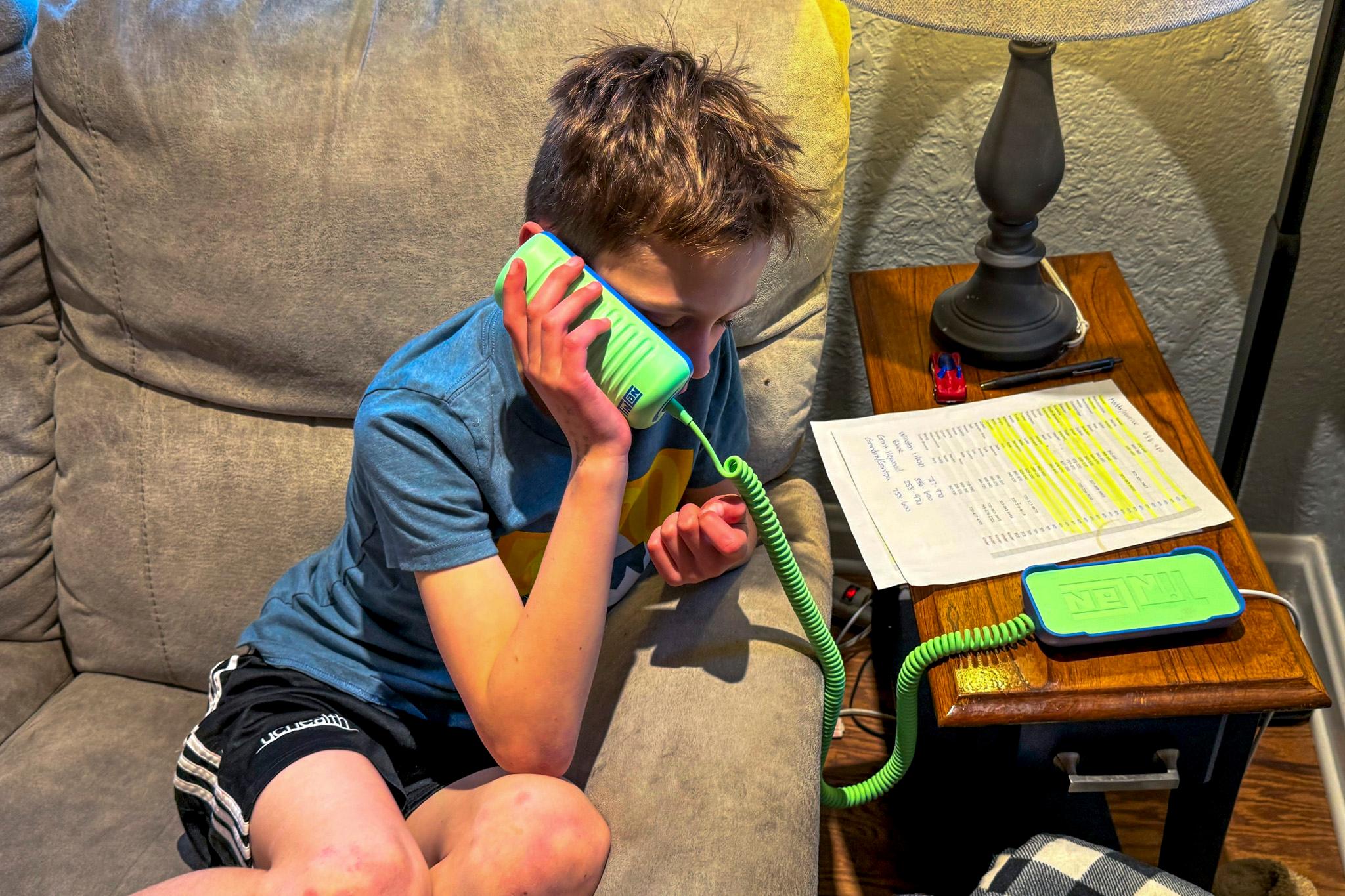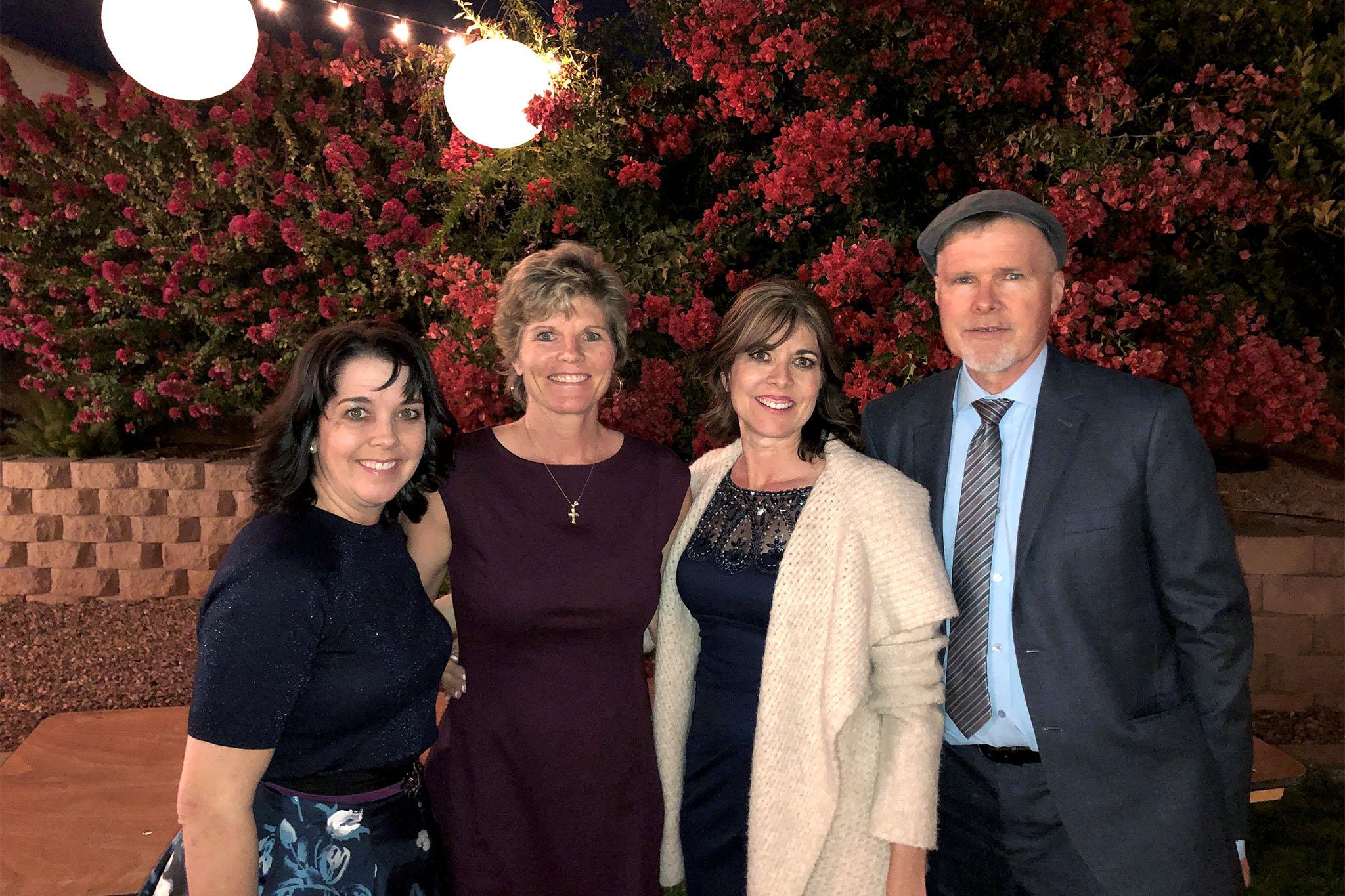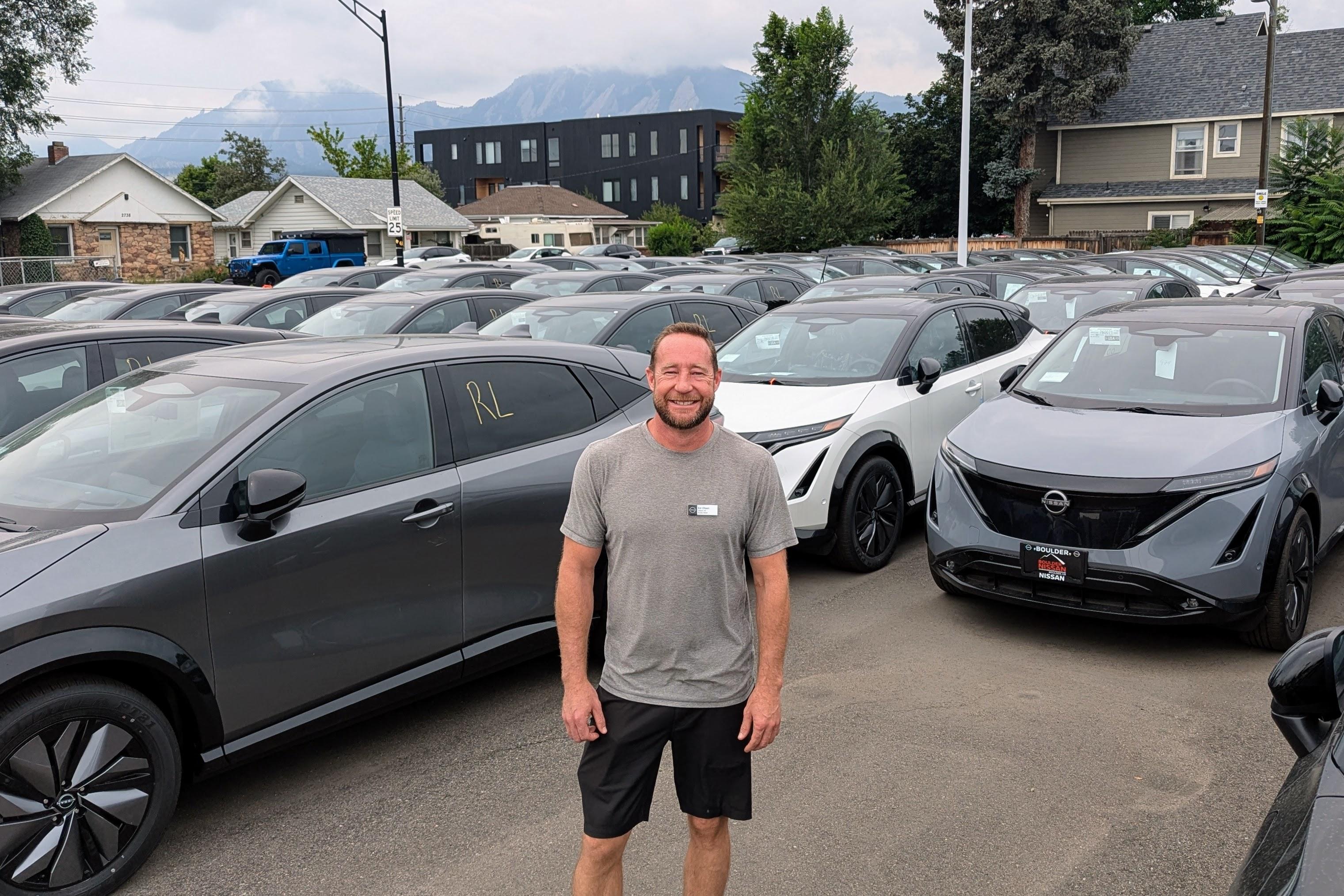
It’s clear why drivers have packed the showroom at Emich Volkswagen in south Denver over the last few months.
The dealership has lured customers like Scott Nelson with super-cheap electric vehicle leases. The real estate broker had wanted an EV for years, but only started taking test drives after realizing local deals wouldn’t last much longer. “It was on our radar, but this definitely sped up the timeline,” Nelson said.
By bundling together state and federal discounts, Emich Volkswagen offered a Volkswagen ID.4 for $39 a month before sales tax in August. Starting on Sept. 1, the dealership began advertising an even cheaper, $9-a-month lease on a two-wheel-drive version of the all-electric SUV.
On the Emich Volkswagen website, a countdown timer marks the days, hours, and minutes until Sept. 30, the expiration date for the federal EV tax credit worth up to $7,500. After test-driving an ID.4 in early August, Nelson pre-ordered a vehicle, locking in the cheaper lease pricing even if the car arrives after the deadline.
Behind the disappearing tax credit is a sea change in federal climate policy. Former President Joe Biden approved the incentive as part of a wider push to reduce climate-warming emissions from fossil fuels. President Trump scrapped the discount in the One Big Beautiful Bill Act, a major tax and spending plan passed by Congress in July.
That looming federal deadline has led to a spike in EV sales around the country. It’s also creating whiplash for Colorado dealerships, which have leveraged government incentives to aggressively market plug-in cars over the last few years. Local car sellers are now racing to meet the surge in demand while bracing for an end to the state’s recent EV sales boom.
“We’re still going to have a job,” said Matt Foster, a sales consultant at Emich Volkswagen. “It's just a matter of: how busy are we going to continue to be?”
An EV market shifting gears
The federal tax credit isn’t the only EV incentive set to disappear in the next few months.
Colorado’s state-level EV tax credit has declined over the last few years. The state reduced the incentive from $5,000 to $3,500 at the beginning of 2025. Colorado planned to reduce it again to $1,500 starting in 2026, but it’s now declining to just $750 as the state grapples with a steep revenue shortfall.
Matthew Groves, the president of the Colorado Auto Dealers Association, said fewer discounts will inevitably slow Colorado’s red-hot EV market, which briefly overtook California as the top state for EV adoption last fall. He fears the shift away from climate-minded EV incentives will inevitably hurt car sellers.
“Anything that makes cars more expensive is bad for dealers,” Groves said.
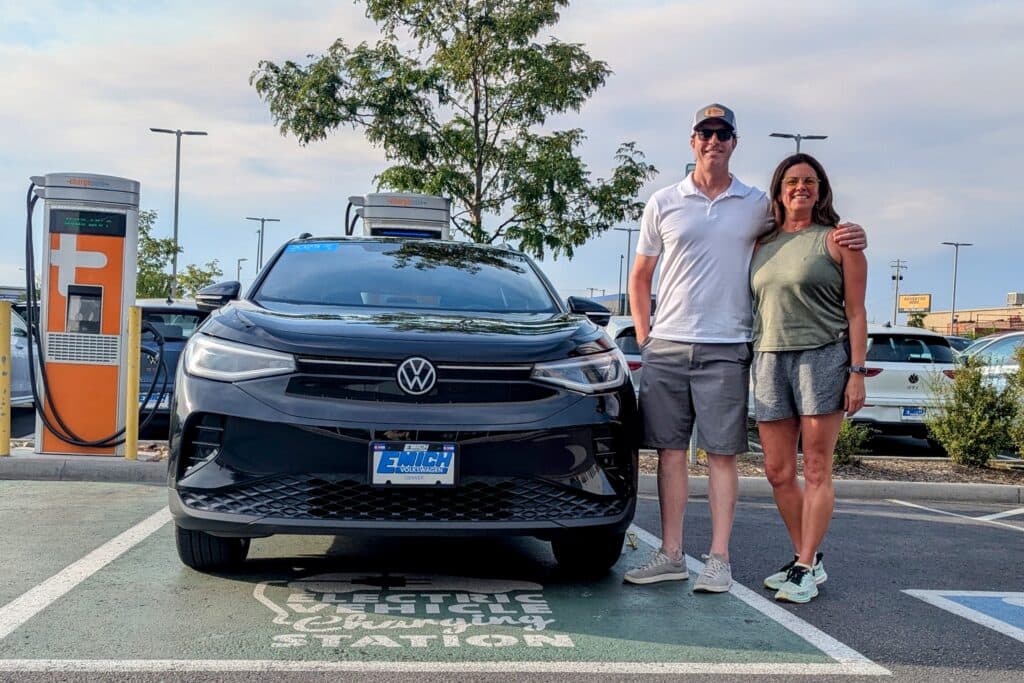
Since auto dealers only earn a small percentage on each sale, Groves said volume is critical to keep the businesses profitable. By bringing new customers into the showroom, the incentives also helped dealerships connect drivers with their repair and maintenance shops, another major revenue source.
The latest report from the car dealer association shows EVs accounted for about 25% of new car sales over the last few fiscal quarters. Groves expects that rate could surge as drivers race to take advantage of federal and state tax incentives before leveling out at around 10%.
On a national level, modeling conducted by Rhodium Group, a global environmental policy think tank, projects the loss of the federal EV tax credit will result in up to 38% fewer EVs on the road by 2035, compared to a baseline forecast.
If that were the only challenge facing local dealerships, Groves said they could adjust. The looming question is whether stubbornly high interest rates and tariffs could pose an additional threat.
“It's a three-headed monster,” Groves said. “We're just kind of waiting to see which of those we have to contend with first and which one's going to be the big one.”
Car dealerships on the front lines
Dealers outside of Colorado don’t appear as concerned about losing EV tax credits.
Amy Hunter Wright, a spokesperson for National Auto Dealers Association, said her organization supported a “longer phaseout” for the federal incentive to give dealers more time to sell EVs stuck on car lots. The organization also expects EV sales will continue to rise without the incentives in place, Wright said.
But some Colorado car dealers wish the state and federal governments weren’t stepping back from EV subsidies.
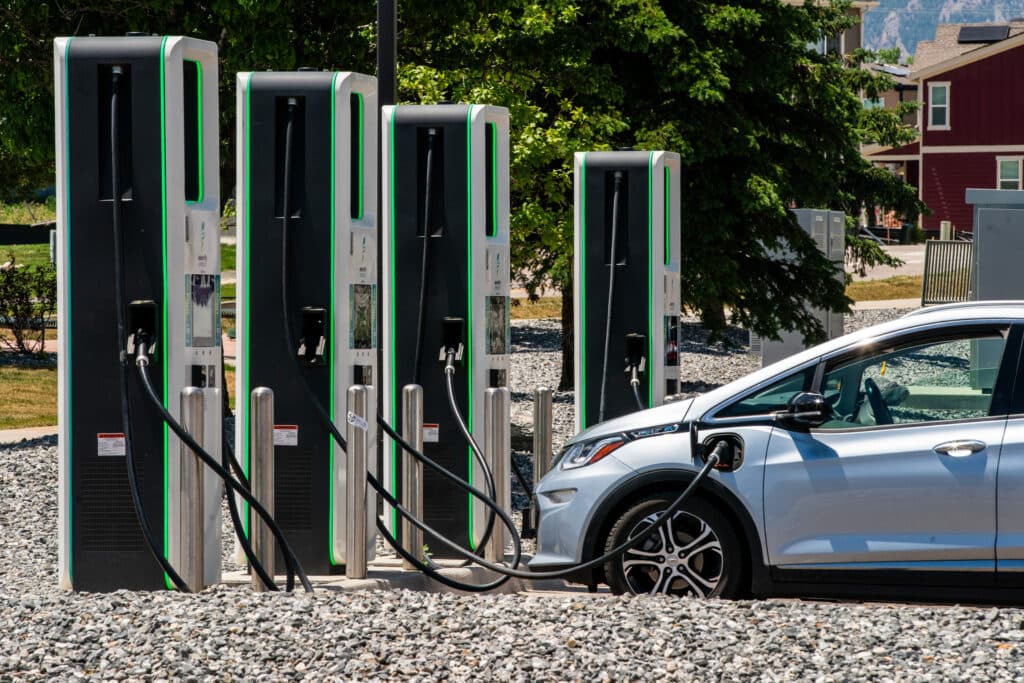
Ed Olsen works as the sales manager at Boulder Nissan, which helped pioneer the concept of rock-bottom EV leases — with extremely low monthly payments — in Colorado. Last summer, for example, it offered an all-electric Nissan Leaf for $9 a month after taxes and fees.
Olsen said his sales team struggled to keep up with drivers rushing to grab the offer. In the showroom, a picture hanging on the wall shows his staff gathered around a handwritten sign reading “251,” the all-time monthly sales record set by the dealership in December 2024.
He’s now trying to take advantage of the sales strategy for as long as possible. In early August, his lot was packed bumper-to-bumper with more than 100 Nissan Ariyas, an all-electric SUV currently available to lease from the dealership for $179 a month.
Olsen hopes to sell or lease all of them by Sept. 30. After that, he expects his dealership will return to its old business model: selling gas-powered cars and used vehicles.
“It's been such a good ride over the last year and a half or so,” Olsen said.



